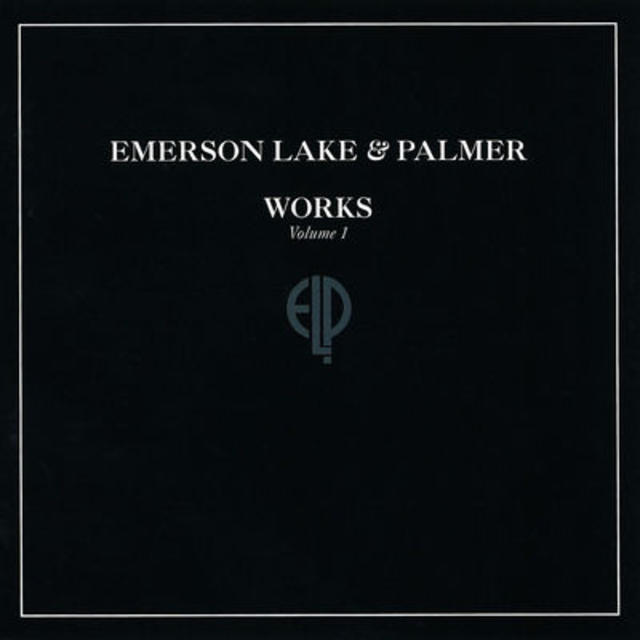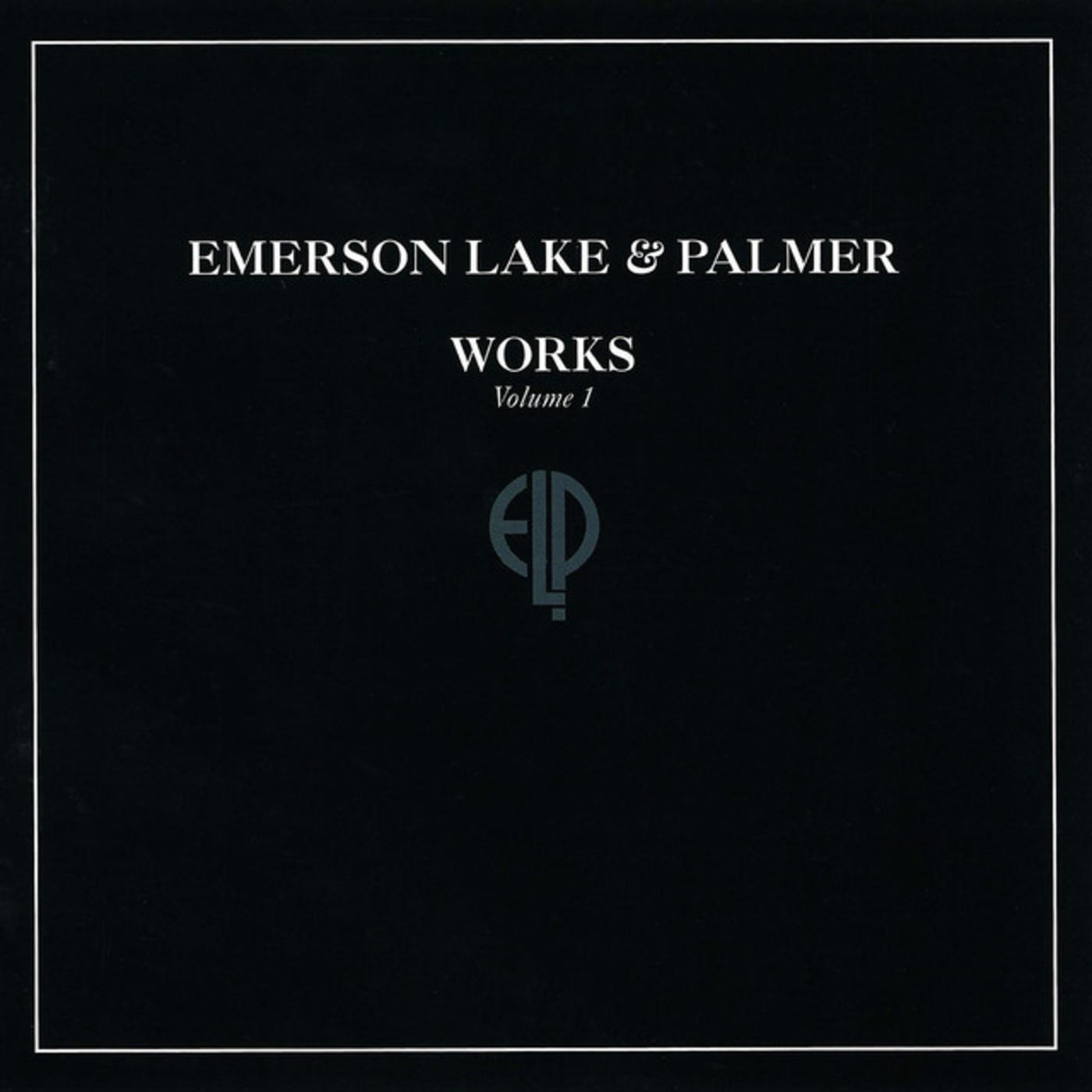Make It a Double: Emerson, Lake & Palmer, WORKS, VOL. 1

By the time 1974 had rolled in, Keith Emerson, Greg Lake and Carl Palmer were worn down. Recording five albums in a three-year span will do that to you, and filling the space between sessions with massive tours that required a convoy of tractor-trailers to cart around your 40 tons of stage equipment … well, that would tend to tucker out just about anyone. They were also worn out with one another; by 1974, each man had little use for the others musically. It seemed as good a time as any to take a break.
And break they did, for three and a half years, returning in 1977—presumably rested, but still with that pesky problem of creative incompatibility. The band members achieved a compromise—their first album back after their hiatus was a double album, with each member given one side to do his thing, and a fourth side for the band to collaborate. Thus, WORKS, VOL. 1 was born.
Side 1 was given entirely to Emerson's 18-minute "Piano Concerto No. 1," on which he is joined by the London Philharmonic Orchestra. It's a sweeping composition in three movements, and both Emerson (on piano) and the LHO fare reasonably well, though what sounds impressive to a rock audience's ears would likely fall flat to a classical enthusiast's (one man's trash is another man's Tchaikovsky). Side 2—Lake's side—is a slate of mostly love songs, with acoustic guitars brought to the fore. "Nobody Loves You Like I Do" is straight-up Cat Stevens romantic balladry and probably the best song on the side, though "Closer to Believing," with its heavy strings, might be more beautiful. Side 3 finds Carl Palmer vacillating between Bach and Prokofiev pieces and rock songs like "L.A. Nights," to which Joe Walsh lends his slide guitar and wordless scatting.
Side 4—the band's collaborative portion—contains a ponderous but still interesting rejiggering of Aaron Copeland's "Fanfare for the Common Man," and closes with the 13-minute "Pirates," which may be the most ELP-sounding song on the record, full of heavy moments and more than a touch of bombast.
It's unlikely the expansive WORKS, VOL. 1 totally remedied the creative (and resulting personal) problems that tore at Emerson, Lake & Palmer—they would continue to grouse at one another for another two years before breaking up. As an expression of combatting egos and musical approaches, though, the album is fascinating and strangely listenable.

